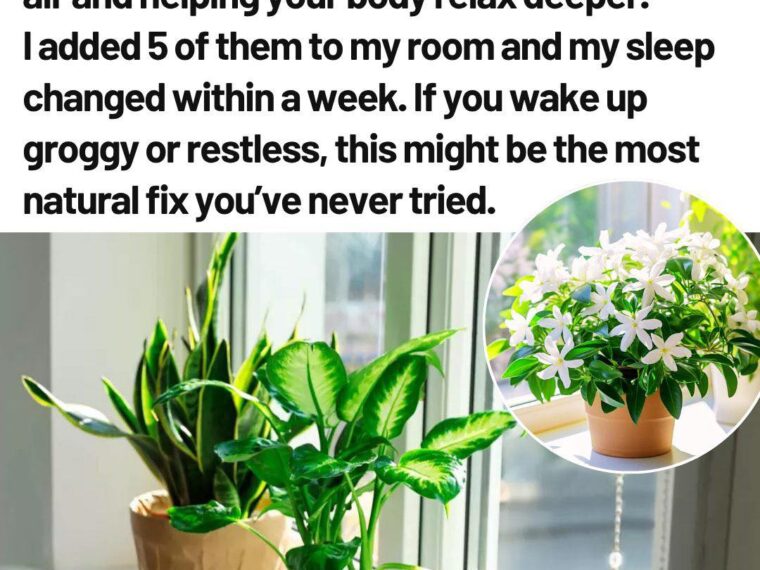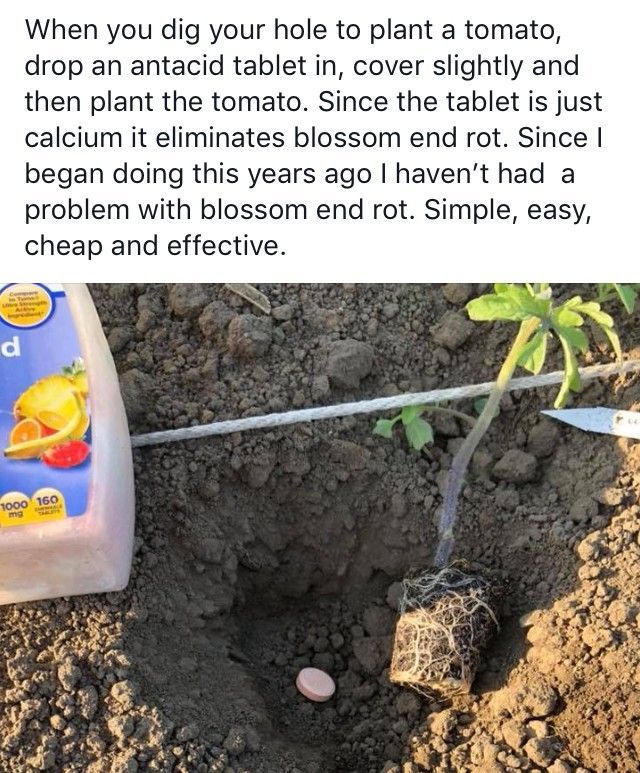If you struggle with insomnia or sleep apnea, getting a good night’s sleep can feel impossible.
While there are many treatments available, adding certain plants to your bedroom can naturally improve your sleep environment.
Some houseplants help purify the air, reduce stress, and promote relaxation — all key for better sleep. By choosing the right plants, you can create a calm, restful space that supports deeper, more restorative sleep.
Here are five excellent plants to keep in your bedroom to help ease insomnia and sleep apnea, naturally improving your sleep quality.
1. Lavender
Lavender is famous for its calming scent that promotes relaxation and sleep. Its soothing aroma has been used for centuries to ease anxiety and improve sleep quality.
Research shows lavender can lower heart rate and blood pressure, helping your body relax and enjoy deeper sleep, especially for those with stress-related insomnia.
How Lavender Helps:
- Reduces anxiety: The calming scent lowers stress, making it easier to fall asleep.
- Promotes deep sleep: It increases slow-wave sleep, the deep phase essential for feeling rested.
How to Use:
Place a lavender plant on your bedside table or use lavender essential oil in a diffuser to fill your room with its relaxing fragrance.
2. Snake Plant (Sansevieria)
The snake plant is a top choice for improving indoor air quality, making it especially helpful for those with sleep apnea or breathing issues.
It absorbs carbon dioxide at night and releases oxygen, enhancing the air you breathe while you sleep. Cleaner air can help reduce symptoms of sleep apnea and make breathing easier.
How Snake Plant Helps:
- Improves air quality: Filters toxins and boosts oxygen levels at night.
- Reduces respiratory problems: Removes allergens and pollutants that disrupt sleep.
How to Use:
Keep a snake plant in your bedroom to purify the air and help you breathe more easily overnight.
3. Aloe Vera
Next page





